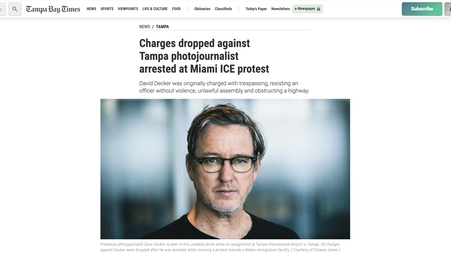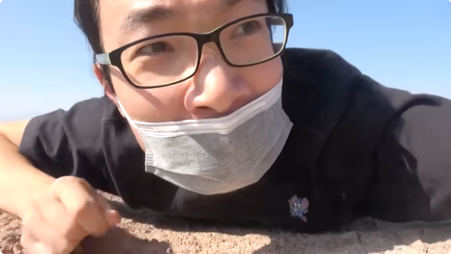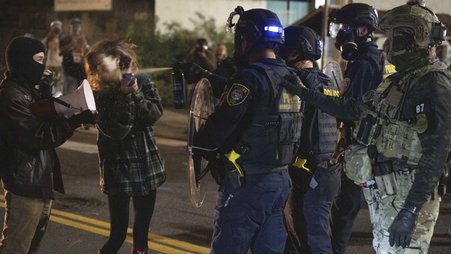The First Amendment prohibits police from dispersing law-abiding journalists covering protests, even in circumstances where lawbreaking protesters can be dispersed. Everyone from the Department of Justice to federal appellate courts agrees on that.
Nonetheless, the Chicago Police Department repeatedly dispersed, arrested, and threatened journalists at protests during the first two days of the Democratic National Convention.
They can’t claim they weren’t warned. I joined WBEZ Chicago’s Reset with Sasha-Ann Simons on the first day of the convention to remind CPD officers responding to demonstrations of journalists’ rights.
By dispersing and arresting journalists, police are effectively censoring newsworthy, vital information, including about their own conduct and potential misconduct.
I explained that “the aftermath of a protest is every bit as much the news as the protest itself. The police response to a protest is a huge part of the story, (and) that story can't get out if journalists are dispersed along with protesters.”
It wasn’t the first time we've cautioned Chicago police about this. We also wrote an op-ed in the Chicago Sun-Times, quoting the DOJ’s proclamation last year that “blanket enforcement of dispersal orders and curfews against press violates (the First Amendment) because they foreclose the press from reporting about what happens after the dispersal or curfew is issued, including how police enforce those orders.” We emailed that op-ed to numerous police and city officials to make sure they saw it, but received no response.
It’s not that we’re offended that police brass don’t read our emails and op-eds. We all get too many emails. But we’re offended that we even need to write them, given how easy it would be for officials to educate themselves about press freedom if they cared.
Mickey H. Osterreicher, general counsel for the National Press Photographers Association, told us on Wednesday that the NPPA had conducted a training on press rights for Milwaukee police in advance of the Republican National Convention and offered to do the same in Chicago.
“They told me that they had been providing First Amendment training and they didn’t need anything from NPPA. Given the events of last night, I would have to say that that alleged training was an abysmal failure,” he said.
Indeed, hours after the WBEZ broadcast, Deputy Director of News Affairs and Communications Thomas Ahern was filmed warning journalists that if they failed to disperse from a city park along with protesters their press passes would be revoked.
That alone should disqualify Ahern from serving as a news affairs and communications official for CPD or any other police department. But he doubled down the next day, reportedly ripping press credentials off of journalist Josh Pacheco, one of at least three arrested after police dispersed protesters. Pacheco's and another journalist's seized credentials were later returned, after the NPPA and lawyers for the journalists intervened.
Several more protests are planned during the remainder of the convention. In light of the events of this week, and CPD’s long history of First Amendment violations when policing protests, from the DNC in 1968 to Black Lives Matter demonstrations in 2020, we’re not optimistic that officers will change their unconstitutional ways.
This won’t just impact journalists – reporters who are needlessly detained can’t report on police response to protests in a city on edge about a potential repeat of 1968. By dispersing and arresting journalists, police are effectively censoring newsworthy, vital information, including about their own conduct and potential misconduct.
We’ve asked Ahern and others at CPD if they have some sort of legal or constitutional basis for disagreeing with the DOJ and appellate courts about the unlawfulness of stopping journalists from reporting news through dispersal orders. Let’s see if they read that email.
This article has been updated to note the return of journalists' seized credentials.





